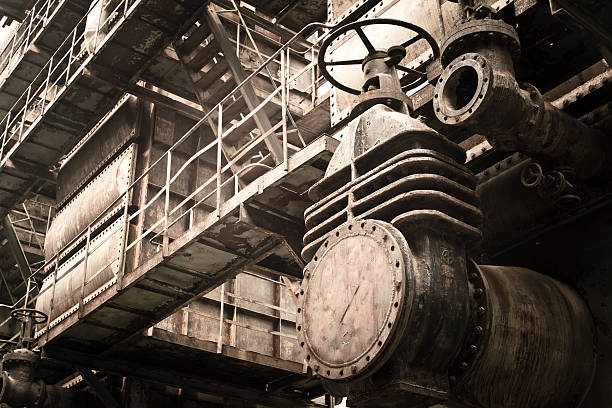In the metallurgical industry, various types of valves are used to regulate the flow, pressure, and temperature of the liquids and gases involved in the manufacturing process. These valves play a critical role in ensuring the efficient and safe operation of the industrial facilities.
One commonly used valve in metallurgy is the gate valve, which is used to control the flow of liquid or gas in a straight line. The gate valve can be made of various materials, such as cast iron, stainless steel, or carbon steel, depending on the specific requirements of the application. The valve's quality requirements typically include tight sealing, high corrosion resistance, and durability.
Another crucial valve in the metallurgical industry is the globe valve, which is used for regulating and throttling the flow of the fluid. The globe valve has a spherical body and a plug or ball that moves up and down to control the flow. The valve's quality requirements include a low pressure drop, accurate control over the flow, and a long service life.
The check valve is another essential valve in the metallurgical industry. It is typically used to prevent the backflow of fluid in a pipeline. The check valve works by allowing the fluid to flow in only one direction, preventing any reverse flow. The valve's quality requirements typically include a low cracking pressure, high tensile strength, and resistance to wear and corrosion.
The ball valve is also commonly used in metallurgy to control the flow of fluid. It has a sphere-shaped body and a lever or actuator that controls the rotation of the ball inside the valve. The ball valve's quality requirements include tight sealing, low pressure drop, and resistance to high temperatures and pressures.
In addition to the above-mentioned valves, there are also other types of valves used in metallurgy, including butterfly valves, diaphragm valves, and needle valves, to name a few. Each valve type has different quality requirements, depending on the specific application, such as the fluid type, pressure, and temperature.
Overall, the quality requirements for valves used in metallurgy are typically stringent, as any failure or malfunction could lead to significant safety hazards, production downtime, and loss of revenue. Quality testing and inspection procedures are therefore crucial to ensure that the valves meet the required standards and specifications. The valves should also be maintained and serviced regularly to ensure their optimal performance and reliability.

2023-08-10
Next: Mining